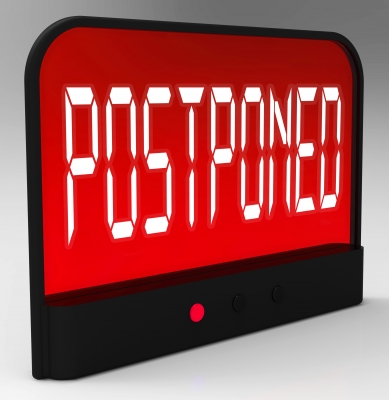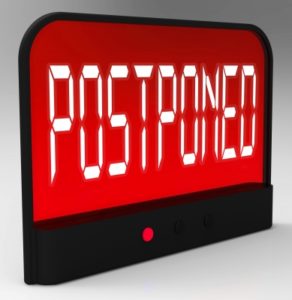Philippine Customs commissioner Isidro Lapeña has suspended for three weeks the implementation of an order he signed on March 27 that required all importers to submit a copy of their list of importable items approved by the Account Management Office (AMO), the Bureau of Customs (BOC) unit that handles the accreditation of importers and customs brokers.
That same order had also required district and sub-port collectors, deputy collectors for assessment, chiefs of the Formal Entry Division (FED), FED personnel, importers/consignees, brokers and all other concerned to counter check the approved list before processing an import entry “to ensure that only commodities or items in the approved list is imported by consignee”.
In an interview on April 5, Lapeña explained that his March 27 order, together with the AMO requirement for income tax return among sole proprietorships, was designed to weed out consignees for hire or individuals used by smugglers as a front to import.
The decision to defer the order came after the Chamber of Customs Brokers, Inc (CCBI) sent a letter to Lapeña on April 3 asking for the same action, pending clarification of certain issues.
Lapeña said he will go ahead with the implementation of the order after the three weeks are up.
In the March 27 memo, Lapeña noted that additional items on the list of importables require approval from AMO prior to importation.
“Any Customs official or personnel who will continue to process an entry with goods not found in the approved list of importables shall be meted with appropriate disciplinary action,” Lapeña said.
Certain limitations
In a letter to Lapeña dated April 3 and received on April 4, CCBI president Atty Ferdinand Nague noted that “except for those regulated, restricted, or prohibited goods as defined under the CMTA (Customs Modernization and Tariff Act), all goods are freely importable, and under existing procedures the list of importables is only required for those importers located in special economic zones or PEZA (Philippine Economic Zone Authority)-registered companies and importers under the customs bonded manufacturing warehouses that require future Customs liquidation.”
He pointed out that the “list of importables being submitted by importers to the AMO during application merely indicates the projected importables of the company and should not be a bar for their progressive or future importations.”
CCBI said the new order “will impact negatively on trade facilitation,” in that the “checking and counterchecking of details of importation with the list submitted to the AMO creates another layer of unnecessary red tape.
“In turn, this can be exploited by corrupt Customs officers and employees.”
Nague said it is also not clear how the new order will “impact on legitimate and regular importers and those under the ‘super green lane’. It would be quite unfair [that] these legitimate and SGL importers will be subjected to this new regulation after having proven themselves to the Bureau of Customs.”
CCBI said it believes there are several ways that BOC can eliminate consignees for hire “without subjecting legitimate and regular importers to the strictest measures.”
A list of importable items involves a clear description of technical and tariff terms, and estimated volumes and values for the next 12 months.– Roumina Pablo
Image courtesy of Stuart Miles at FreeDigitalPhotos.net






